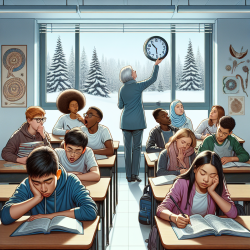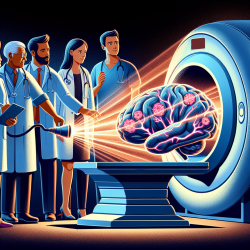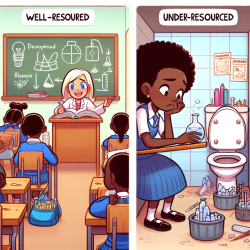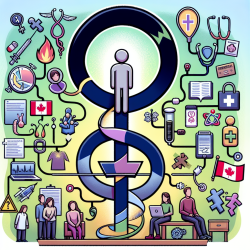In recent years, the issue of adolescent sleep deprivation has gained significant attention due to its profound impact on academic performance and overall well-being. A comprehensive study titled ""Sleepiness" is serious in adolescence: Two surveys of 3235 Canadian students" sheds light on this critical issue. Conducted across multiple school districts in Ontario, Canada, the research reveals alarming trends in sleep patterns among high school students and their correlation with academic and extracurricular performance.
Key Findings from the Study
- Prevalence of Sleep Deprivation: The study found that 70% of students reported getting less than 8.5 hours of sleep on weeknights, which is below the recommended amount for adolescents.
- Impact on Academic Performance: Excessive daytime sleepiness was linked to a decline in academic grades. Approximately 23% of students felt their grades had dropped due to sleepiness.
- Behavioral and Extracurricular Effects: Students with higher levels of sleepiness were more likely to be late for school, feel extremely sleepy during classes, and participate less in extracurricular activities.
- Circadian Rhythms and School Start Times: The research highlighted that most students felt "really sleepy" between 8 and 10 A.M., suggesting that early school start times may not align with adolescents' natural sleep cycles.
Strategies for Practitioners
The findings from this study provide valuable insights for educators, parents, and healthcare professionals. Here are some strategies to consider:
- Advocate for Later School Start Times: Aligning school schedules with adolescents' natural sleep patterns could enhance alertness and academic performance.
- Promote Good Sleep Hygiene: Encourage consistent bedtime routines and educate students about the negative impacts of caffeine and screen time before bed.
- Create Awareness Programs: Develop programs within schools to raise awareness about the importance of adequate sleep for cognitive function and emotional regulation.
- Encourage Further Research: Practitioners should consider conducting additional studies to explore interventions that could mitigate the effects of sleep deprivation in adolescents.
The Role of Online Therapy Services
TinyEYE's online therapy services can play a crucial role in supporting schools by providing resources and guidance to address these challenges. By working closely with educators and parents, we can help create environments that prioritize student well-being and academic success.
The research underscores a critical need for systemic changes in how we approach adolescent education. By implementing these strategies, practitioners can significantly enhance students' learning experiences and outcomes.
To read the original research paper, please follow this link: "Sleepiness" is serious in adolescence: Two surveys of 3235 Canadian students.










